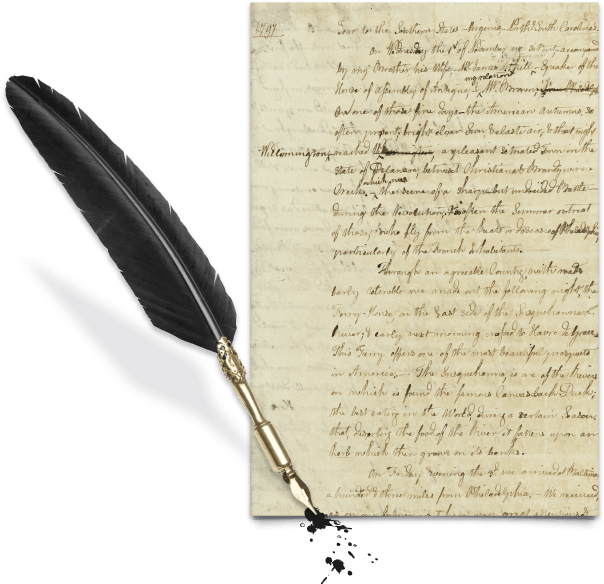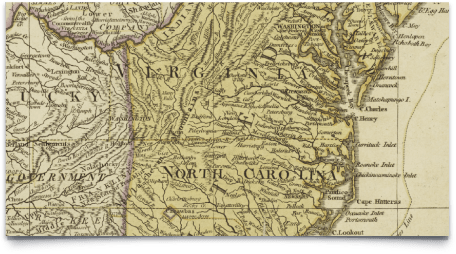Selected people named in this journal
Names in brackets are how Henrietta Liston refers to that person or spells their name in her journal.
Charles John Austen, 1779-1852 ('Captain Austin')
Naval officer. The younger brother of English novelist Jane Austen, Charles entered the Royal Naval Academy in Portsmouth in 1791, becoming midshipman in 1794. From 1804, he served for over five years on the North American station and commanded the 'Phoenix', on which the Listons sailed from Tenedos (Bozcaada) to Greece, from 1815 until it was wrecked in 1816.
Bartholomew Frere, 1776-1851
British diplomat. Appointed Secretary of the British Embassy at Constantinople in March 1811, Frere took up his post along with the Ambassador, Robert Liston, in June 1812. Frere served as Minister Plenipotentiary from 1815 to 1817 while Robert Liston was on leave and again from late 1820 until 1821 until Percy Smythe, Viscount Strangford, became Ambassador.
Richard Plummer Davies
British naval officer. Davies became lieutenant in 1805 and was promoted to commander in 1809, when he commanded a division of gunboats in the Walcheren expedition. He commanded the 22-gun HMS Garland, on which the Listons sailed from Smyrna (Izmir) to Athens, from 1812 to 1815.
Homer, 8th century BC
The ancient Greek epic poet Homer is known as the author of the 'Iliad' and the 'Odyssey'. Henrietta Liston mentions Homeric events and characters in her writing about her travels through the Mediterranean and Turkey.
Juan Gabriel de Jabat y Aztal, 1768-1825 ('Javat' / 'Jabot')
Spanish naval officer and diplomat. Jabat served as Envoy Extraordinary and Minister Plenipotentiary to the Ottoman Porte from 1809 to 1819. Robert Liston described him as 'an enthusiastick patriot, and manly and honourable in his conduct. &mdash He originally undertook, at a period of publick distress, to perform the duties of office without salary or emolument […] he at length succeeded in reestablishing the Spanish Mission at the Porte on a footing of respectability and improvement' (National Library Reference MS.5635, f.42). Jabat was Plenipotentiary to Britain from 1822 to 1824. He was married was to María Guadalupe Hernández de Alba.
Henry Lindsay, 1789-1859
Rector of Sundridge, Kent. The date of Lindsay's arrival in Constantinople is unknown, but he was serving as Chaplain of the British Embassy by September 1814 and he travelled to Smyrna (Izmir) with the Listons in 1815. He remained as embassy chaplain until 1817 when he returned to Britain and became perpetual curate of Wimbledon, Surrey. He was succeeded as chaplain to the British Embassy in 1817 by Jacob George Wrench (1791-1860).
Sir Robert Liston, 1742-1836 ('Mr Liston')
Diplomat. Born in Kirkliston, Scotland, Robert Liston became an influential diplomat and was the second person to serve as British Minister to the United States, 1796-1801. Robert's service coincided with a highly significant period in British-American relations. In 1796 he married Henrietta Marchant Liston.
Claudius James Rich, circa 1786-1821
Scholar, travel writer and collector of antiquities. An East India Company servant and scholar of Persian and the history of India, Rich explored regions of Iraq, including the ruins of Babylon and Nineveh. He died in the cholera epidemic in Shiraz, where he was helping to care for the sick. Claudius was married to Mary Mackintosh who edited his posthumously published 'Narrative of a Journey to the Site of Babylon' (1839) and 'Narrative of a Residence in Koordistan' (1836).
Mary Rich, née Mackintosh, 1789-1876 ('Mrs Rich')
Editor. Mary was the eldest daughter of Sir James Mackintosh of Kyllachy (1765-1832) and Catherine Stuart (died 1797). She married the scholar and traveller Claudius Rich and edited 'Narrative of a Journey to the Site of Babylon' (1839) and 'Narrative of a Residence in Koordistan' (1836). The Liston Papers contain Mary's correspondence with the Listons between 1814 and 1829. In a letter to Elizabeth Hamilton on the 26 January 1814 Henrietta Liston writes: 'Mrs Rich is pleasing both in her appearance & manners & she seems to be extremely well educated & possesses more information than her modesty lets her display' (National Library of Scotland reference MS.5641, f.40r).
Sappho (630-570 BC)
Sappho came from Lesbos and is the most significant and influential woman poet of Ancient Greece.
Elizabeth Werry, née Disney, 1762-1846
Elizabeth married Francis Werry in 1778 and had nine children. Lord Byron and John Cam Hobhouse stayed with the Werrys for about a month in the spring of 1810.
Francis Werry, 1745-1832
British soldier and diplomat. Francis spent three years as a prisoner of war at Corunna and in 1793 was appointed British Consul at Smyrna by the Levant Company. After the dissolution of the Levant Company in 1825, he remained as Consul until 1829. His son Francis Peter Werry, who entered the diplomatic service, published 'Personal Memoirs and Letters of Francis Peter Werry' (1861), which contains a brief sketch of his father's life and reputation.
[Library reference for this journal: MS.5710]

